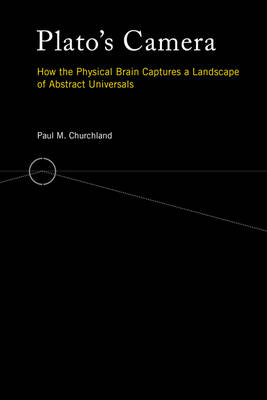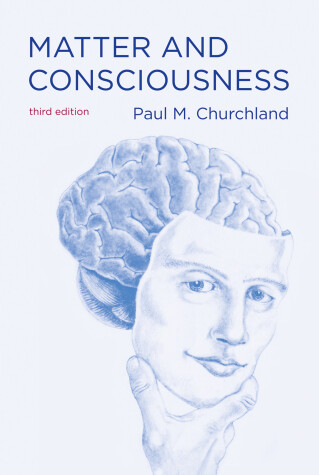The MIT Press
2 total works
In Matter and Consciousness, Paul Churchland presents a concise and contemporary overview of the philosophical issues surrounding the mind and explains the main theories and philosophical positions that have been proposed to solve them. Making the case for the relevance of theoretical and experimental results in neuroscience, cognitive science, and artificial intelligence for the philosophy of mind, Churchland reviews current developments in the cognitive sciences and offers a clear and accessible account of the connections to philosophy of mind.
For this third edition, the text has been updated and revised throughout. The changes range from references to the iPhone's "Siri" to expanded discussions of the work of such contemporary philosophers as David Chalmers, John Searle, and Thomas Nagel. Churchland describes new research in evolution, genetics, and visual neuroscience, among other areas, arguing that the philosophical significance of these new findings lies in the support they tend to give to the reductive and eliminative versions of materialism.
Matter and Consciousness, written by the most distinguished theorist and commentator in the field, offers an authoritative summary and sourcebook for issues in philosophy of mind. It is suitable for use as an introductory undergraduate text.

